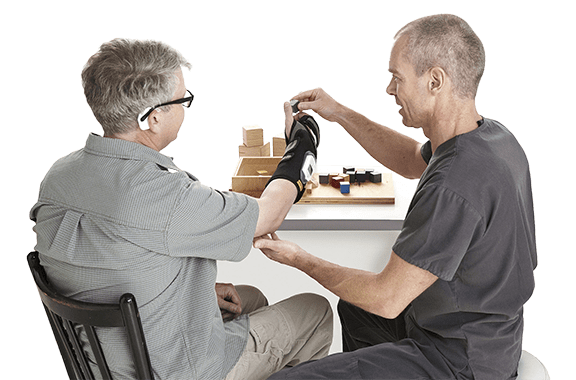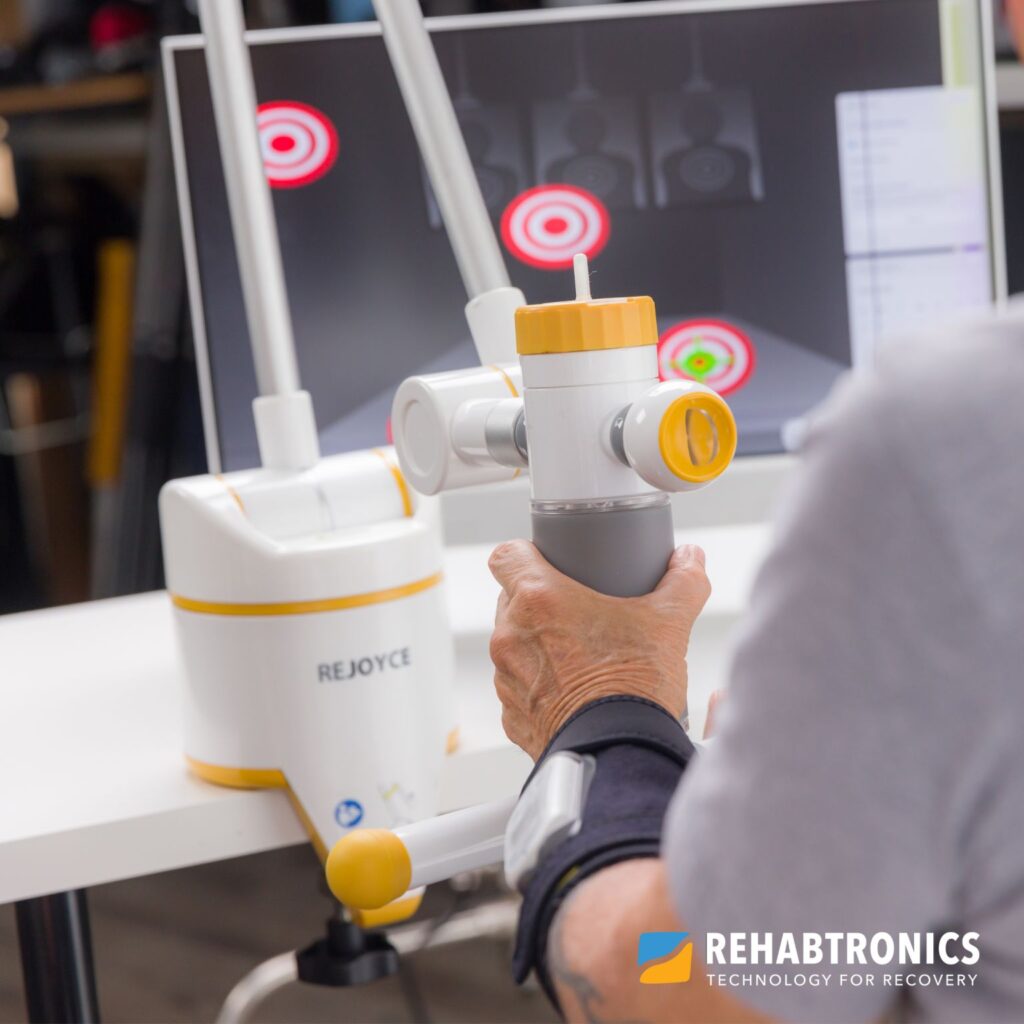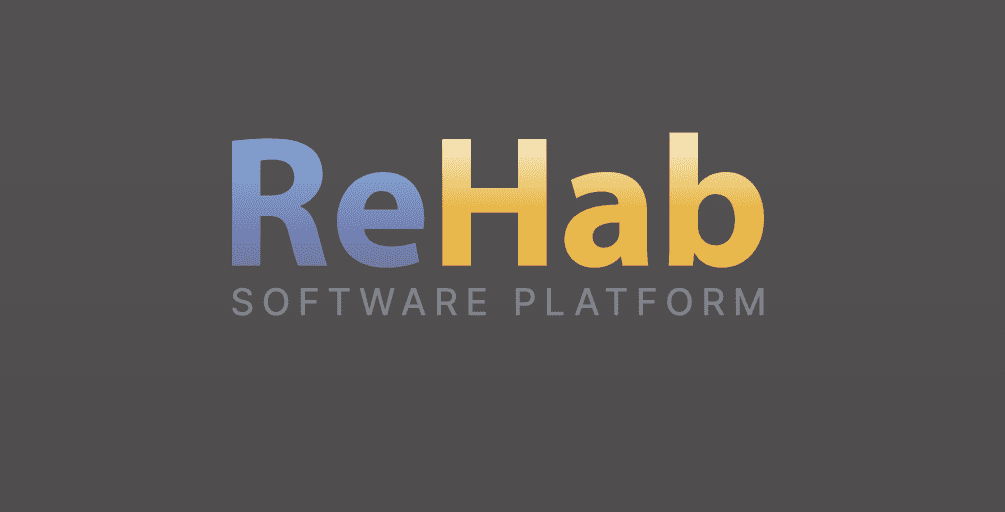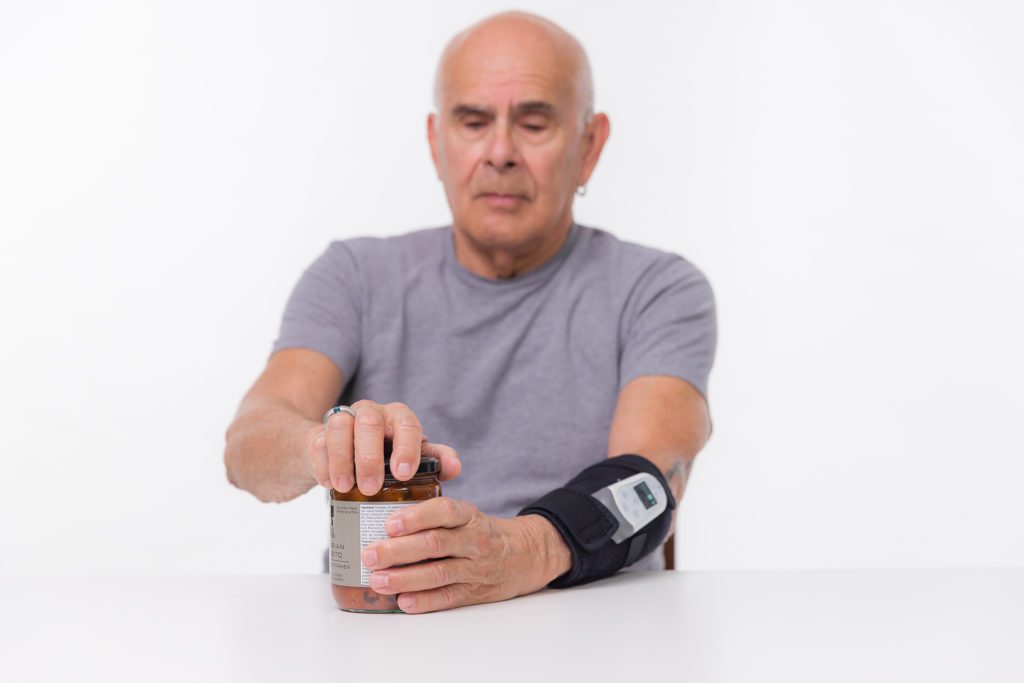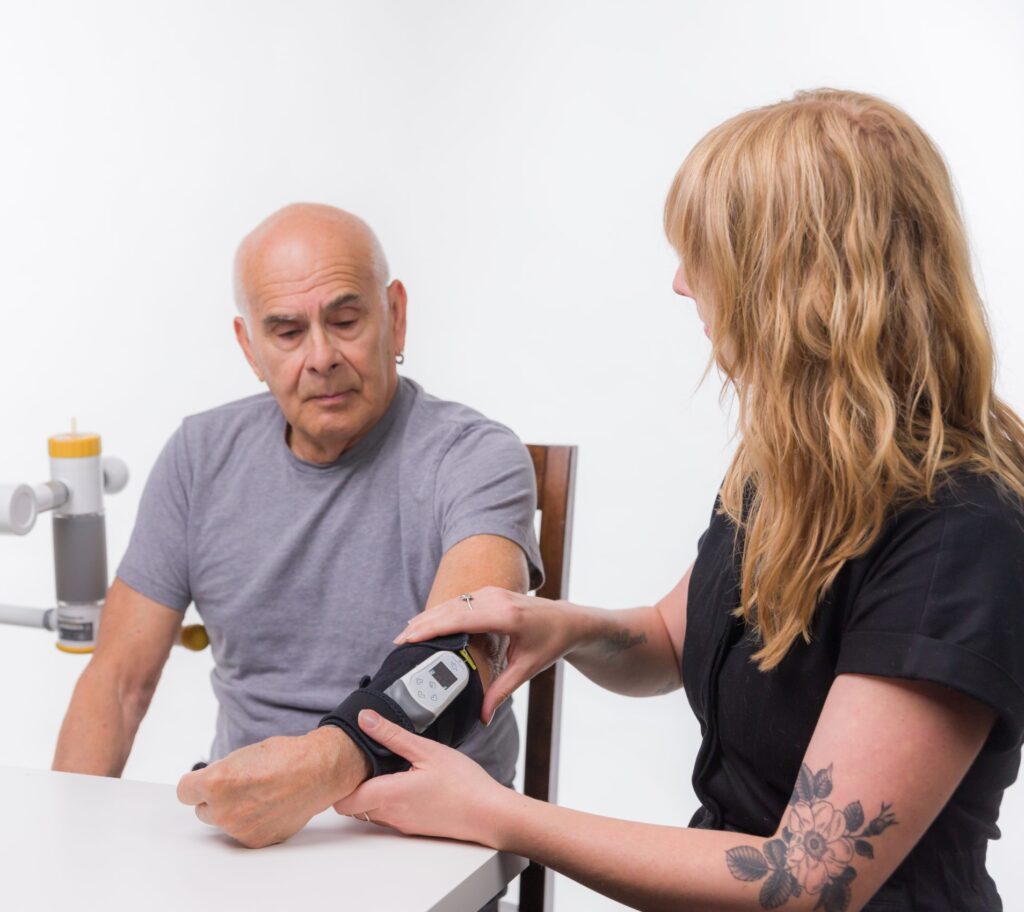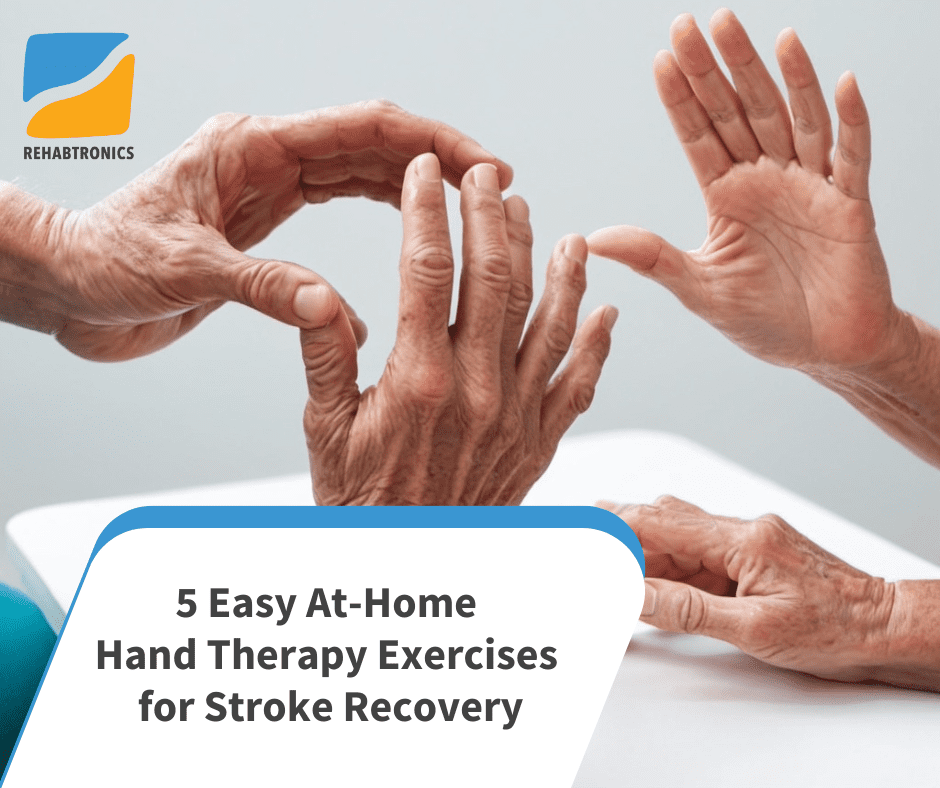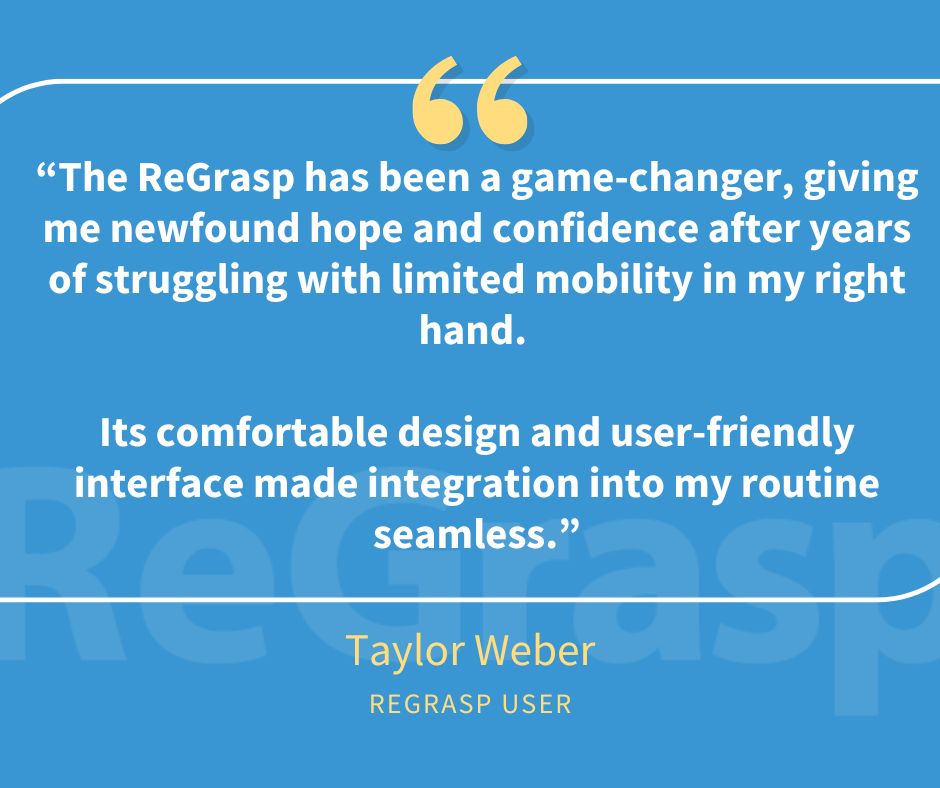The Role of Mental Health Care and Physical Activity Post Brain Injury
Mental health is a vital aspect of overall well-being, encompassing our emotions and thoughts. For many Canadians, mental health issues arise from various life circumstances, including trauma and physical health conditions. After a brain injury, these challenges can become even more pronounced. Understanding the signs and types of mental health problems that may occur post-injury is essential for effective management and recovery.
Signs of Mental Health Problems
People with mental health problems after a brain injury might not notice changes in themselves, but their friends and family might. Some signs include:
- Changes in sleeping or eating habits
- Mood swings
- Difficulty concentrating
- Trouble handling stress
- Isolation
- Fatigue
- Weight changes
- Changes in appearance
If you or someone you know shows these signs, it is important to see a healthcare professional.
Common Mental Health Problems After Brain Injury
Anxiety: Fear of the unknown is normal after a brain injury but becomes problematic if it disrupts daily life. Types of anxiety include:
- General anxiety: Feeling anxious about many aspects of life, leading to fatigue, sleep problems, and muscle tension.
- Social anxiety: Feeling anxious in social situations, such as meeting new people or performing in front of others.
- Panic attacks: Sudden physical symptoms like shortness of breath, shakiness, nausea, and dizziness due to fear.
Depression: Brain injuries can alter self-perception, leading to depression. This can also be caused by damage to the brain areas that control emotions. Symptoms include:
- Changes in sleep and eating habits
- Weight changes
- Feeling helpless
- Irritability
- Fatigue
- Withdrawing from others
Caring for mental health after a brain injury is crucial. Recognizing the signs of mental health problems and understanding common issues like anxiety and depression can help individuals seek the necessary support. Early intervention and professional help are vital in managing these challenges and improving quality of life.
Role of Physical Activity post Brain Injury in the Recovery Journey
Physical exercise is crucial in the recovery process after a brain injury. Regular physical activity can enhance mood, reduce anxiety, and improve cognitive function. Integrating rehabilitation tools into the recovery plan can make a significant difference. It is important to start slowly, exercise safely, and listen to your body.
Products like ReTouch and ReJoyce from Rehabtronics are specifically designed to support rehabilitation. ReTouch offers interactive touchscreen therapy, while ReJoyce is rehabilitation workstation which provides engaging exercises to improve upper arm function. Utilizing these innovative tools can support both physical and mental recovery, promoting an integrated approach to healing after a brain injury.
Always consult with a doctor or primary care physician about what exercises are appropriate for you, as not all exercises will be safe or effective for everyone. Using ReTouch or ReJoyce will allow you to select the level most suitable for you. As your recovery journey continues, so will your ability to move from level to level seamlessly.
Remember, the key to recovery is consistency and adapting exercises to your current abilities. It is also essential to have a supportive network and professional guidance throughout the rehabilitation process.
Please visit our website to learn more: www.rehabtronics.com.
Mental health resources
Helplines
- Hope for Wellness: Available to Indigenous people in Canada, call toll-free 24 hours a day at (1-855) 242-3310
Reference
Mental Health. (n.d.). Brain Injury Canada. https://braininjurycanada.ca/en/survivor/traumatic-brain-injury/mental-health#:~:text=In%20most%20cases%2C%20your%20abilities,anger%2C%20loneliness%2C%20and%20depression
